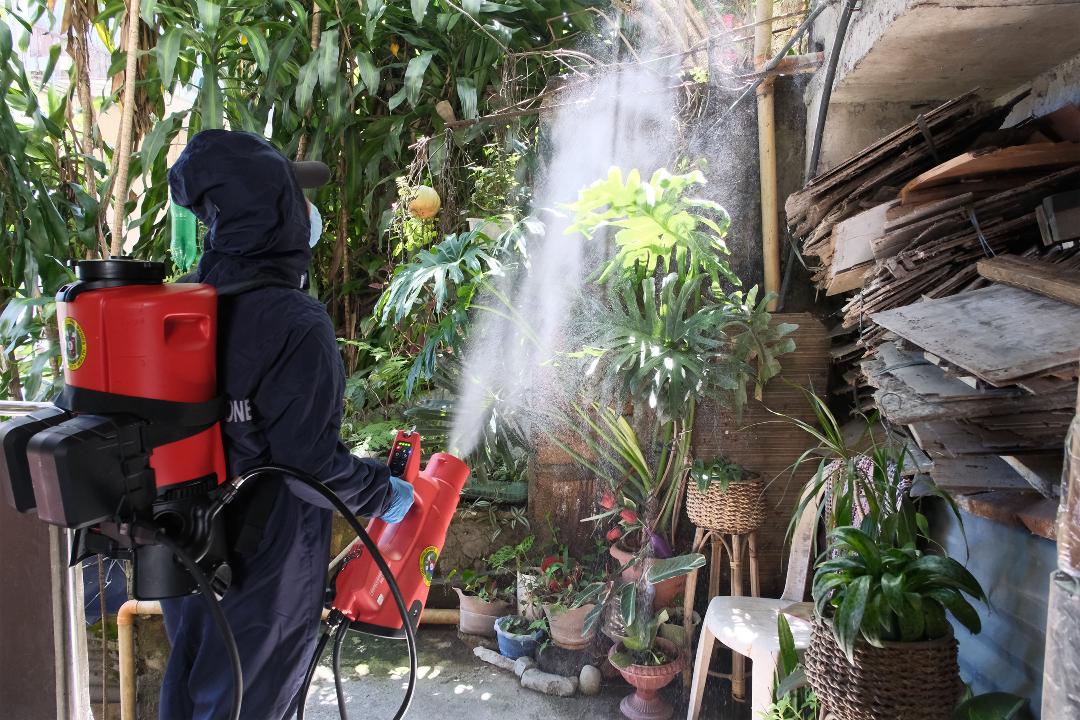
BAGUIO CITY – Dengue fever deaths in the city increased from seven to 12, even as cases declined but remained higher than ever before.
The Baguio City Health Services office said most of the fatalities were already on severe stage when they sought consult while the adult victims had comorbidities.
Dr. Donnabel Panes, head of the City Epidemiology Surveillance Unit (CESU) said the number of cases decreased starting middle of May but the number of cases remained record breaking.
The city listed a total of 5,505 as of August 22, 2024, the highest in the city’s history, as against last year’s 645 for a 753 percent increase.
During the meeting of the Baguio City Anti-Dengue Task Force last Aug. 16, 2024, two factors were identified contributing to the case and death rates:
- Failure to implement preventive measures within the households like the destruction of mosquito breeding places despite full awareness; and
- Failure to seek early consult which could have prevented the deaths.
“The problem is really behavioral and it is disheartening because upon the conduct of follow-up of cases, we still find mosquito-breeding places despite having a patient and despite having already known that these must be gotten rid of. We conduct denguerra in the barangay level but we cannot anymore clean the insides of your houses for you,” a health worker lamented.
“We really have to do something to improve our search and destroy early health seeking behavior.”
The Sanitation Division of the CHSO which is working with the community in the implementation of the anti-dengue measures said they have operated in at least ten barangays where they also checked compliance with the city’s Anti-Dengue Ordinance (Ordinance 66-2016).
Sanitation Inspector Miller Balisongen said a total of 241 households were found to have violated the provisions of the ordinance in said barangays and they have coordinated with their barangay officials for the rendering of community service for their penalty on first offense.
Last June, the mayor ordered the intensified implementation of the anti-dengue ordinance including the imposition of penalties against those who do not follow the dengue control measures after medical officers observed that although residents are fully aware of the prevention activities, many households are still not cooperating in the implementation of the same.
The ordinance prohibits the following:
- storing water in containers not tightly covered;
- keeping and storing water-filled vases and using ornamental plants with pot saucer and axilled plants for a long period;
- keeping or having discarded tires;
- discharging wastewater or sewage unto streets, roads, alleys and pathways; and
- conducting chemical control methods without clearance from the CHSO and the Dept. of Health.
“Any uncooperative owner, group of persons or public or private entity can be summoned to appear before the punong barangay to explain at reasonable cause why no legal action should be taken upon the violator,” the ordinance reads.
Violators are liable for the following penalties:
- First offense –- render community service for three days at the barangay
- Second offense — fine of P1,000 and conduct of community service for three days
- Third offense — fine of P3,000 and imprisonment of two days at the discretion of the court
The CHSO has sustained the dengue preventive measures.
In addition to strengthening case surveillance, the CHSO is implementing the 5S anti-dengue public awareness campaign and clean-up drives through the “Denguerra – War against Dengue” program.
This intensified campaign mobilizes barangays for massive, simultaneous search-and-destroy operations every Thursday to eliminate mosquito breeding sites, along with other interventions, including the use of larvicides in critical areas, to stop the spread of dengue-carrying mosquitoes.
To catch all cases, the city also launched an online system of reporting cases to boost surveillance and capture all cases as part of the CHSO’s newly developed monitoring system which, according to Panes, integrates data gathering from health laboratories and citizen self-reporting.
Cases may be reported through his link: https://forms.gle/wjoXFyTm6Mw2hrLZ6
